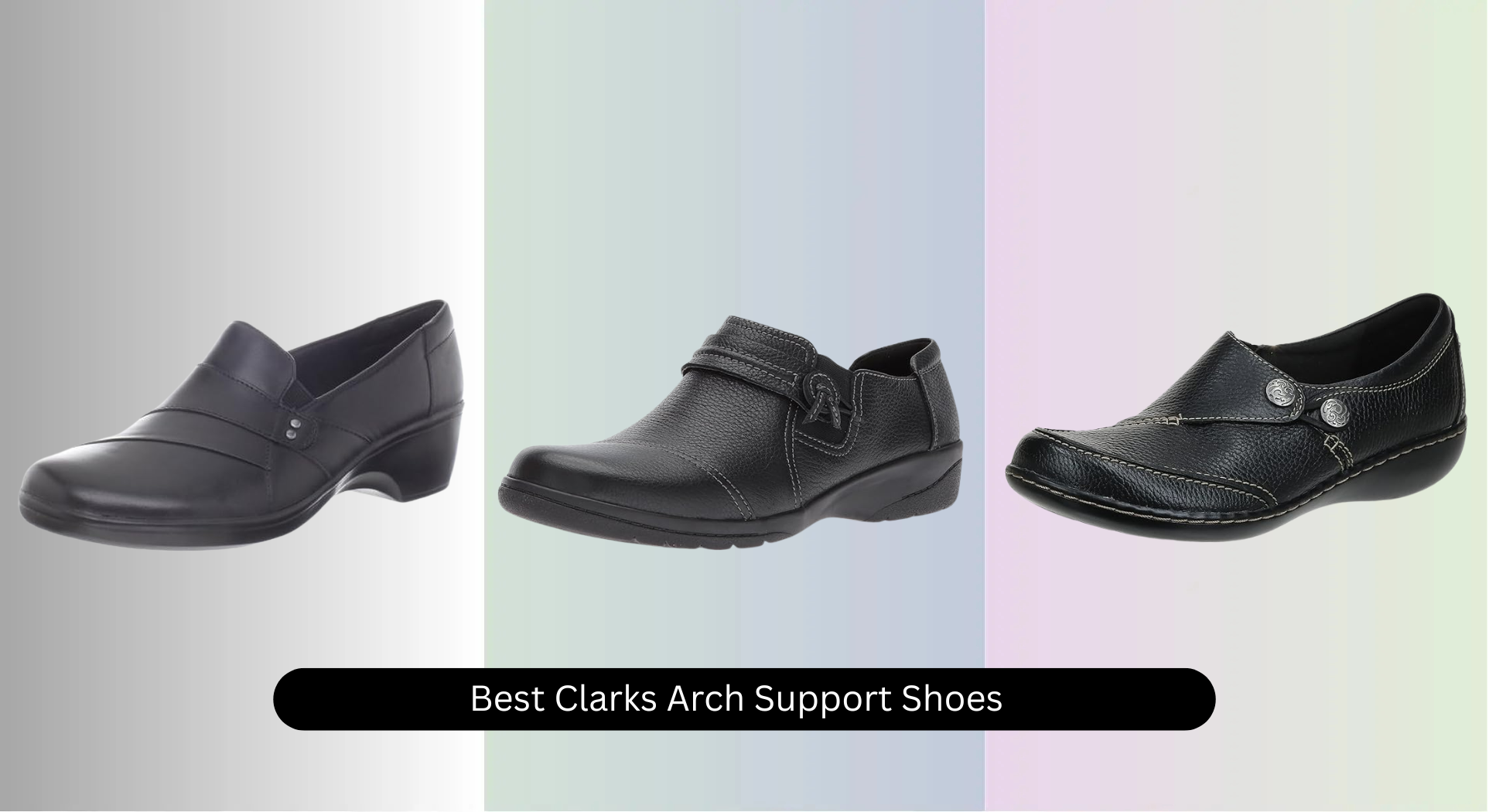Unlock the secrets to managing arthritis with our expert guide, ‘Transform Your Life: Arthritis Insights & Innovations for Pain-Free Living’. Dive into a comprehensive exploration of innovative approaches that promise a life beyond pain and limitations. ‘Arthritis Insights’ offers a beacon of hope for those seeking to navigate the complexities of arthritis with confidence and clarity.
Introduction
Arthritis is more than just a condition; it’s a challenge that millions face daily, characterized by joint inflammation, stiffness, and pain that can severely limit mobility and quality of life. But within this challenge lies an opportunity for transformation. This comprehensive guide explores the myriad forms of arthritis, delving into their causes, symptoms, and the latest treatment options. Our journey is not just about understanding arthritis but about redefining lives around it.
Table of Contents
Arthritis Insights
Arthritis is a common condition that affects millions of people worldwide. It is characterized by inflammation and stiffness in the joints, leading to pain and limited mobility. This article will delve into the various types of arthritis, its causes, symptoms, and available treatment options

What Are the Types of Arthritis
Arthritis is an umbrella term for conditions characterized by joint inflammation and pain. It encompasses over 100 different types, each with its unique causes, symptoms, and treatment approaches. Among these, osteoarthritis (OA) and rheumatoid arthritis (RA) stand out as the most prevalent forms. However, other types such as psoriatic arthritis, gout, and lupus-related arthritis also significantly impact many individuals worldwide. Understanding the distinctions between these common types of arthritis is crucial for effective management and treatment.

Osteoarthritis (OA): The Wear-and-Tear Arthritis
Osteoarthritis is often described as a degenerative joint disease and is the most common form of arthritis. It primarily affects the weight-bearing joints, including the knees, hips, and spine, but can also impact the hands and fingers. OA develops as the cartilage—a slippery tissue that provides a cushion between bones in a joint—deteriorates over time. This breakdown leads to pain, stiffness, and swelling as the bones begin to rub directly against each other.

Risk factors for osteoarthritis include advancing age, as the wear and tear on joints accumulate over years. Obesity is another significant risk factor, as extra weight puts additional pressure on weight-bearing joints. Previous joint injuries, such as those sustained in sports or accidents, can also predispose individuals to OA. Additionally, genetics play a role, with some people being more genetically inclined to develop the condition.
Rheumatoid Arthritis (RA): The Autoimmune Condition
Rheumatoid arthritis is a chronic inflammatory disorder that goes beyond the joints to affect other parts of the body, including the skin, eyes, lungs, heart, and blood vessels. Unlike osteoarthritis, which results from physical wear and tear, RA is an autoimmune condition. The body’s immune system mistakenly attacks the joint lining, causing painful swelling that can eventually result in joint deformity and bone erosion.

RA is characterized by its symmetrical joint involvement, meaning that if one joint is affected, the same joint on the other side of the body is likely to be affected as well. This condition can lead to significant discomfort and disability. The causes of RA are not fully understood, but it is believed to be influenced by a combination of genetic predisposition and environmental factors, such as smoking, exposure to certain viruses or bacteria, and hormonal changes.
Other Forms of Arthritis
Psoriatic Arthritis
This type of arthritis occurs in some individuals with psoriasis, a condition characterized by red patches of skin topped with silvery scales. Psoriatic arthritis can affect any part of the body, including the fingertips and spine, and can range from relatively mild to severe.
Gout
Gout is a painful form of arthritis caused by an excess of uric acid in the body, leading to the formation of urate crystals in the joints. It often strikes suddenly and can affect any joint, though it most commonly affects the big toe.
Lupus-related Arthritis
Systemic lupus erythematosus (lupus) is an autoimmune disease that can cause arthritis among its wide range of symptoms. Lupus-related arthritis tends to be less severe than RA but can still result in pain and swelling in the joints.
Each type of arthritis has its unique features and requires a tailored approach to management and treatment. Understanding the specific type of arthritis is the first step toward effective care and improving quality of life for those affected by this diverse group of conditions.
Causes of Arthritis
While the causes of many forms of arthritis remain unknown, several factors have been identified and associated with the development of this condition
Genetics
Genetic predisposition plays a significant role in some types of arthritis. Individuals with a family history of the disease are more likely to develop it themselves. Gene mutations can affect the immune system and joint structures, making them more susceptible to inflammation and damage
Age and Gender
Osteoarthritis is more prevalent in older individuals, as the wear and tear on joints over time can lead to degeneration. Rheumatoid arthritis, on the other hand, can affect people of any age, although it is more common in women
Injuries and Infections
Joint injuries, such as fractures or ligament tears, can increase the risk of developing arthritis. Infections, especially those affecting the joints, can also trigger chronic inflammation and subsequent joint damage
Symptoms of Arthritis
The symptoms of arthritis vary widely depending on the type and severity of the disease. Common signs include:
Joint Pain and Tenderness: This is often the first sign of arthritis. The pain may come and go or be a constant companion. It can range from a dull ache to a burning or sharp sensation in one or multiple joints.
Stiffness: Many people with arthritis notice a marked increase in joint stiffness, particularly after periods of rest or inactivity, such as upon waking in the morning. This stiffness can last for several hours and significantly impede the ability to perform routine tasks.
Swelling and Redness: The skin around the affected joint may become swollen and feel warm to the touch. This inflammation can lead to discomfort and a visible puffiness in the area.
Reduced Range of Motion: Arthritis can make it difficult to move the affected joints through their full range of motion. Over time, this limitation can interfere with daily activities, such as walking, climbing stairs, or even holding utensils.
Joint Deformation: In more severe cases, arthritis can cause joints to lose their normal shape and appear deformed. This is often a result of the ongoing inflammation and damage to the joint structures.
Treatment Options Available
While there is no cure for arthritis, various treatment options are available to manage symptoms and improve quality of life
Medications
Nonsteroidal anti-inflammatory drugs (NSAIDs) are commonly prescribed to reduce pain and inflammation. For more severe cases, disease-modifying antirheumatic drugs (DMARDs) may be used. In certain instances, corticosteroid injections may provide short-term relief
Lifestyle Changes
Maintaining a healthy weight is essential as excess weight puts additional stress on joints. Regular exercise, such as low-impact activities, can help improve joint mobility and muscle strength. Furthermore, applying heat or cold packs to affected areas may reduce pain and inflammation

Physical Therapy
Physical therapy plays a crucial role in arthritis management. It aims to improve joint flexibility, strengthen surrounding muscles, and alleviate pain through exercises, stretches, and manual techniques
Supportive Devices
Tools like braces, canes, or arch supports can assist in managing arthritis by reducing strain on the joints. Custom solutions, such as orthotic devices, can be particularly effective in providing relief and improving function.


Surgery
In severe cases of arthritis, joint replacement surgery may be considered. This involves removing damaged joint surfaces and replacing them with artificial implants to alleviate pain and restore function.
FAQ Section
Q: What are the main types of arthritis?
A: The arthritis umbrella covers over 100 types, with osteoarthritis (OA) and rheumatoid arthritis (RA) being the most common. Other notable forms include psoriatic arthritis, gout, and lupus-related arthritis, each with unique characteristics and treatment needs.
Q: What causes arthritis, and am I at risk?
A: Arthritis stems from a mix of genetic, environmental, and lifestyle factors. Age, obesity, joint injuries, and genetics are significant risk factors. Conditions like RA involve autoimmune responses, where the body mistakenly attacks its tissues.
Q: How can I manage arthritis symptoms effectively?
A: While there’s no cure for arthritis, various treatments can alleviate symptoms and improve life quality. Options include medications like NSAIDs, physical therapy, supportive devices, lifestyle changes, and in severe cases, surgery.
Q: Can lifestyle changes really make a difference in managing arthritis?
A: Absolutely. Maintaining a healthy weight reduces joint stress, while regular, low-impact exercise improves joint mobility and strength. Diet, smoking cessation, and stress management also play crucial roles.
Conclusion
Arthritis may pose significant challenges, but it also presents an opportunity to embrace change and seek solutions that offer relief and hope. With the right combination of medical treatment, lifestyle adjustments, and support, living a fulfilling life with arthritis is more than possible—it’s within reach. Let this guide be your first step toward a journey of transformation, where pain doesn’t define your limits, but your resilience and determination do.








